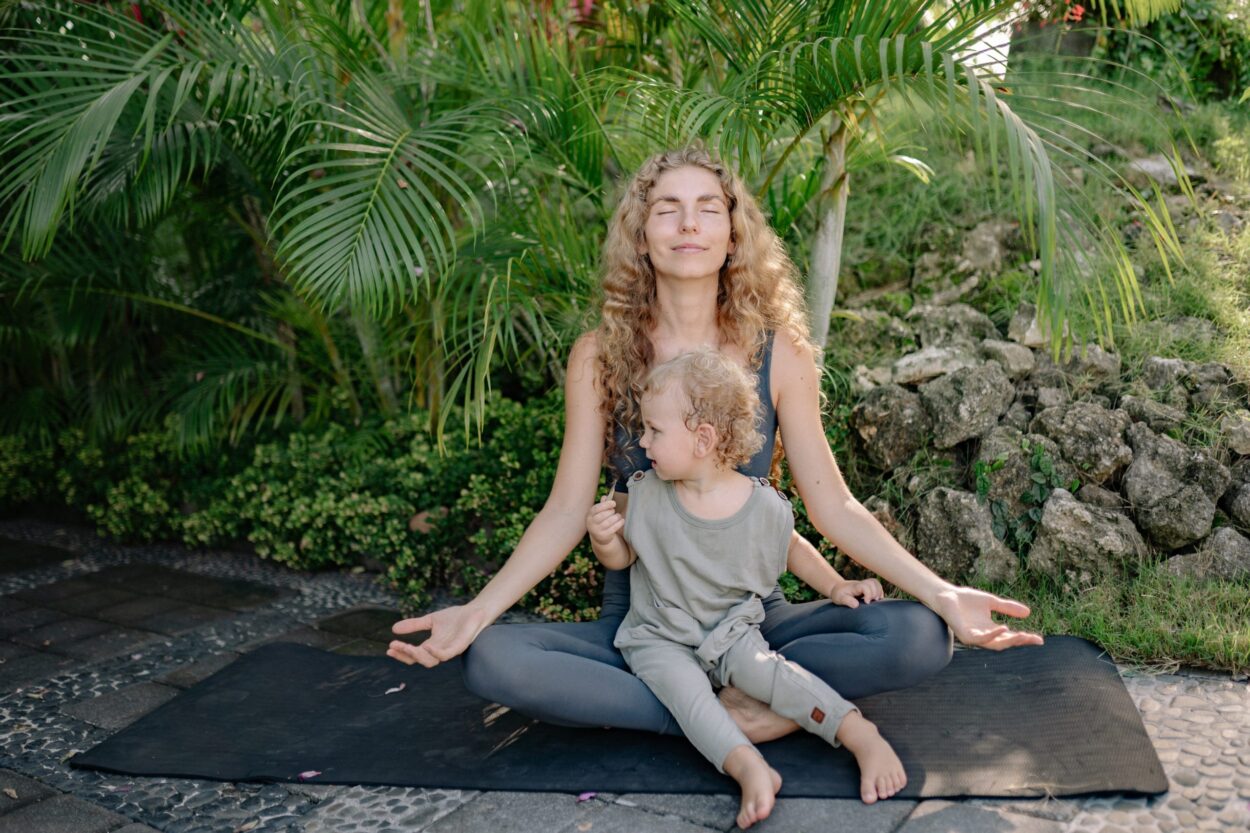Originally published on March 16, 2020 on the Old Trail School blog
It can be challenging to provide children with reassurance as the coronavirus (COVID-19) has reached pandemic status. As parents, we feel obligated to stay informed of the developing situation, even as each update brings more uncertainty and/or reminds us of unpleasant and frightening possibilities.
To help parents manage their children’s stress during anxious times, please note the following tips:
- One of the most effective antidotes to overwhelming fear is valid information. Anxieties are highest when we have inadequate or misleading information, therefore we encourage parents to seek out accurate factual information that results in maximizing personal safety behaviors and good decision-making. This webpage from the Centers for Disease Control and Prevention (CDC) is a great place to start. We have also created our own webpage that contains all past communications from the school as well as links to helpful resources for parents.
- However, even when receiving credible information, there can be a saturation point – a time when one needs a respite from the bombardment of the disconcerting news. Therefore, we ask that you consider exposing your children to media coverage in a judicious way. For each family, there will be a “sweet spot” that represents a balance of staying apprised of critical information and of becoming “bad news weary.”
- It is also true that reinforcing a sense of empowerment – a feeling that one is doing something useful or meaningful – can help to mitigate intense anxiety. Anxiety is greatest when one feels the least amount of control, so providing your child with a sense of efficacy – of what he or she can do to maximize his or her health – is important. As we have said before, children can be invited to take care of their bodies and their health responsibly by handwashing, avoiding touching the face, eating and sleeping well, and exercising. Particularly in a situation of possible quarantine, children can be encouraged to feel a sense of competence by helping others (e.g. by writing to relatives, for example). If you are housebound, it can be energizing for your child to be invited into the cleaning and/or maintenance of a healthy living environment by asking him or her to perform light cleaning or food preparation chores.
- In a quarantine situation, there can be comfort in establishing routines, albeit they may need to be new routines. Having predictable events such as reading time, dinner time, etc., can help to define the days spent in relative disengagement from usual schedules and experiences.
- If your child becomes disappointed about lost opportunities, such as a canceled trip or social event, it can be helpful to encourage him or her to spend a moment reflecting on the things for which he or she is grateful. Gratitude has been demonstrated to have significant mental health benefits. Perhaps these reflections can be shared during a family meal or perhaps your child can maintain a “gratitude journal” for a daily recording.

Other strategies that research suggests may help to reduce your child’s acute stress include:
- Watching a comedy. Laughter is, indeed, good medicine. After periods of laughter, people can be more tolerant of discomfort.
- Getting outside in nature. Nature-regard (walking in green places, seeing bodies of water, etc. ), as well as exposure to daylight, can have mood-boosting effects.
- Listening to music. Cortisol levels (a marker of stress) are lowered for some people when they listen to music. Interestingly, it seems that the most effective music is music the person likes, rather than a specific genre of music having universal impacts.
- Having a novel experience. Sometimes the cognitive distraction of a new learning opportunity (a new board game, a new hobby, etc.) can provide a reset from negative to positive energy.
- Receiving healing touch. A scalp massage, a back rub or foot rub (or a soak in a hot bath) can bring relief from tension and lower cortisol.
- Practicing breathing techniques. By engaging in relaxation breathing techniques, cortisol levels can drop. This can include controlled deep breathing techniques or what is called “alternate nostril” breathing techniques.
- Creating mental imagery. When paired with deep breathing techniques, this can be powerfully relaxing. Ask your child to close his or her eyes and to imagine a very calming scene. The more vividly he or she can “paint” the mental image, the more relaxing it will be.
- Doing progressive relaxation. This is a guided process in which the child tenses and relaxes various muscle groups with the goal of reducing physical and psychological tension. There are many audio guides available to facilitate this for your child.
None of the above suggestions will be comfortable or effective for everyone. Most are designed to alleviate stress levels when they are most acute.
The degree of stress that individual experiences will vary as a function of his or her temperament and past experiences. For some children, the experience of distance learning and extra family time may be viewed initially with a kind of excitement. However, as the time of relative isolation increases, many people are likely to become increasingly uncomfortable. Individuals who have pre-existing anxiety-related or mood regulation-related disorders may be particularly vulnerable. Also, those who have experienced trauma, or what is often referred to as adverse childhood experiences (ACE), may be more significantly impacted.
If you or your child is experiencing chronic stress – unrelenting discomfort that is interfering with your daily functioning, it is suggested that you contact a mental health professional for assistance.

Katherine B. Howard, MA, NCSP, LPC, has been a school psychologist for more than 30 years in both public and private schools. She is currently in her 21st year at Old Trail School in Bath, Ohio serving as school psychologist and director of support services. She has provided training to schools across the country as well as a large number of educational associations and organizations and can be reached at [email protected].


